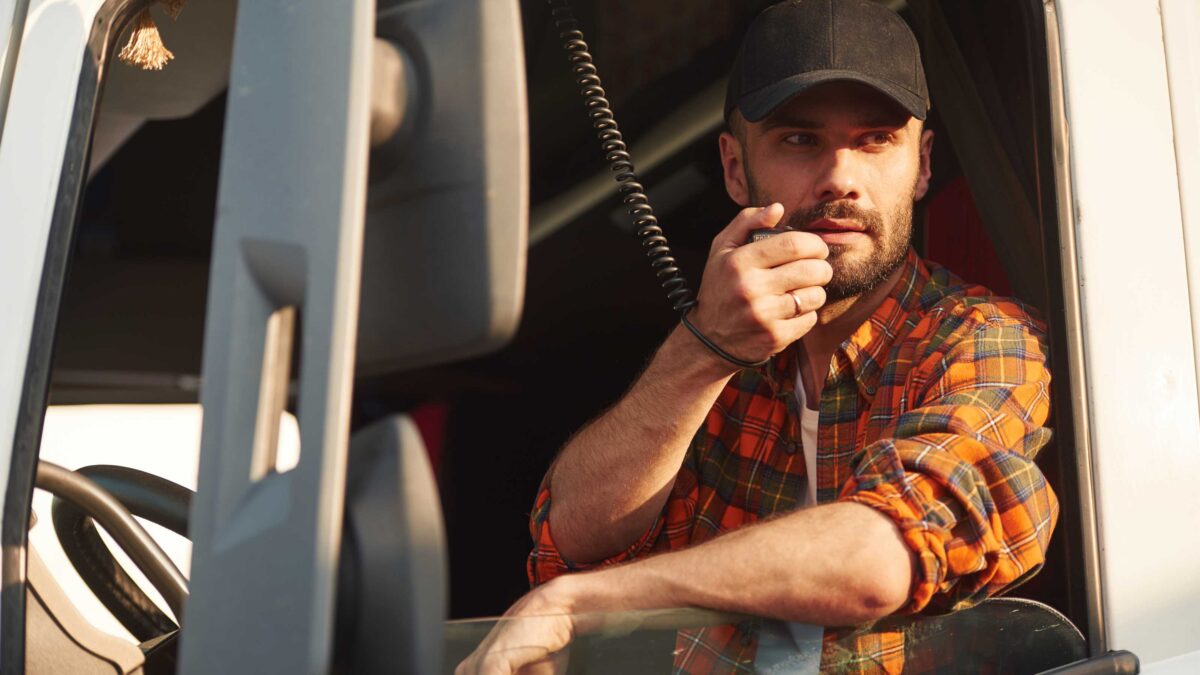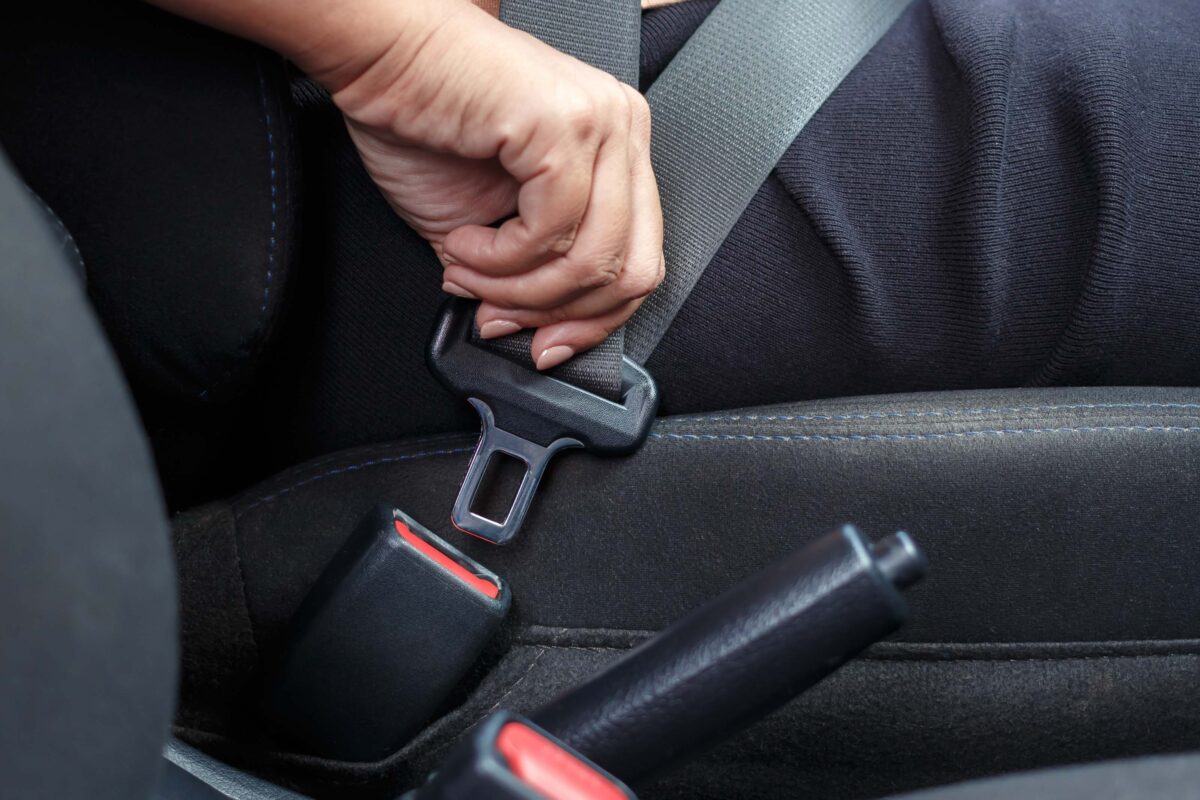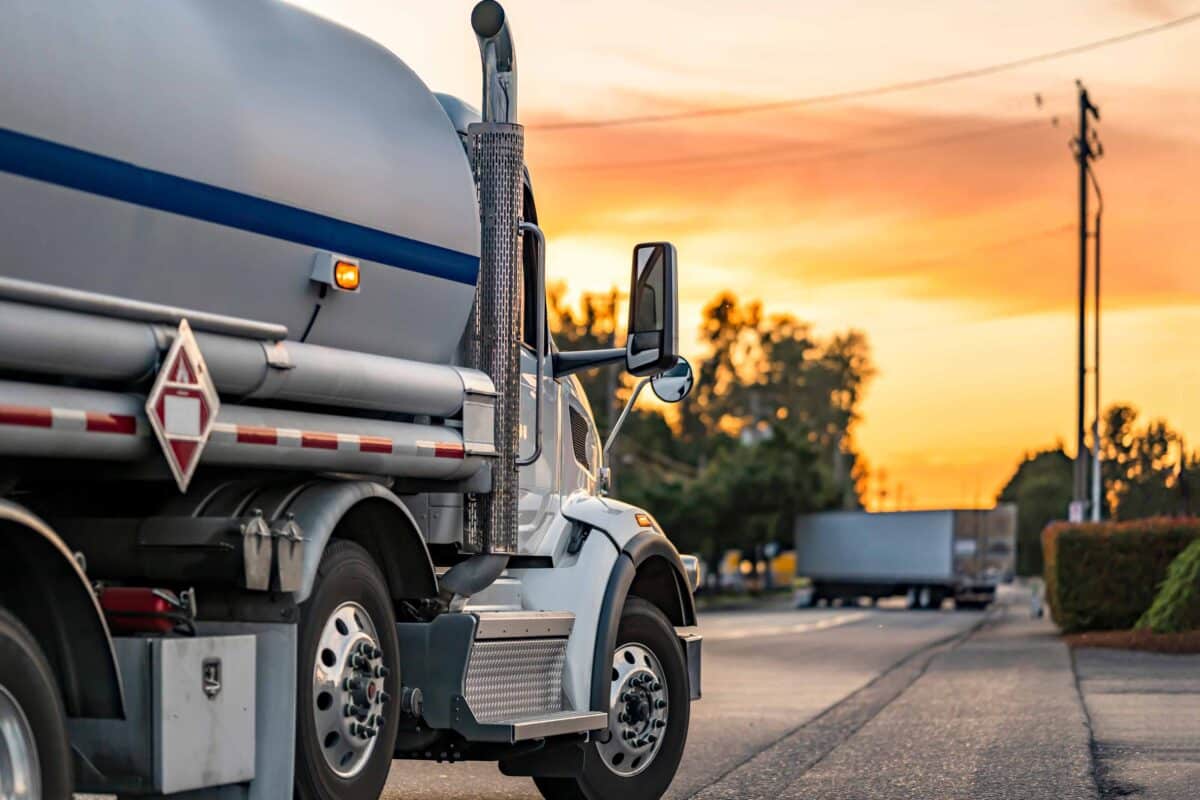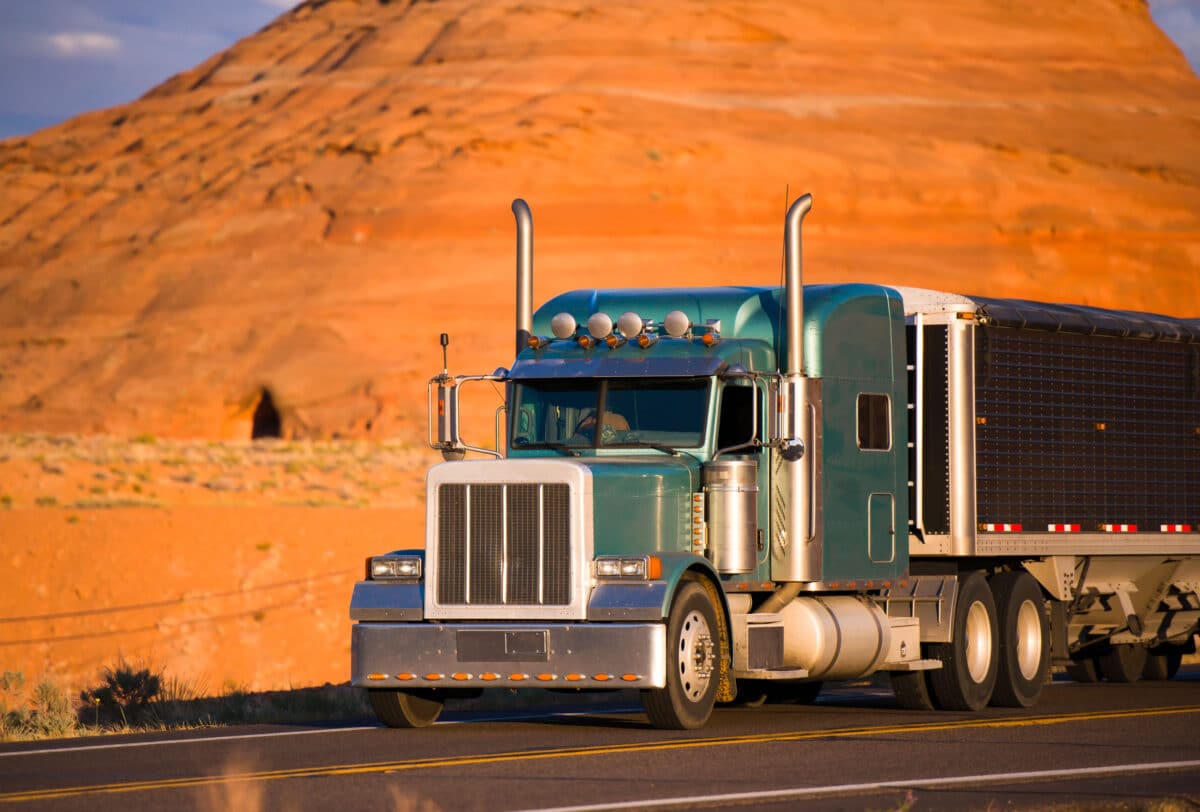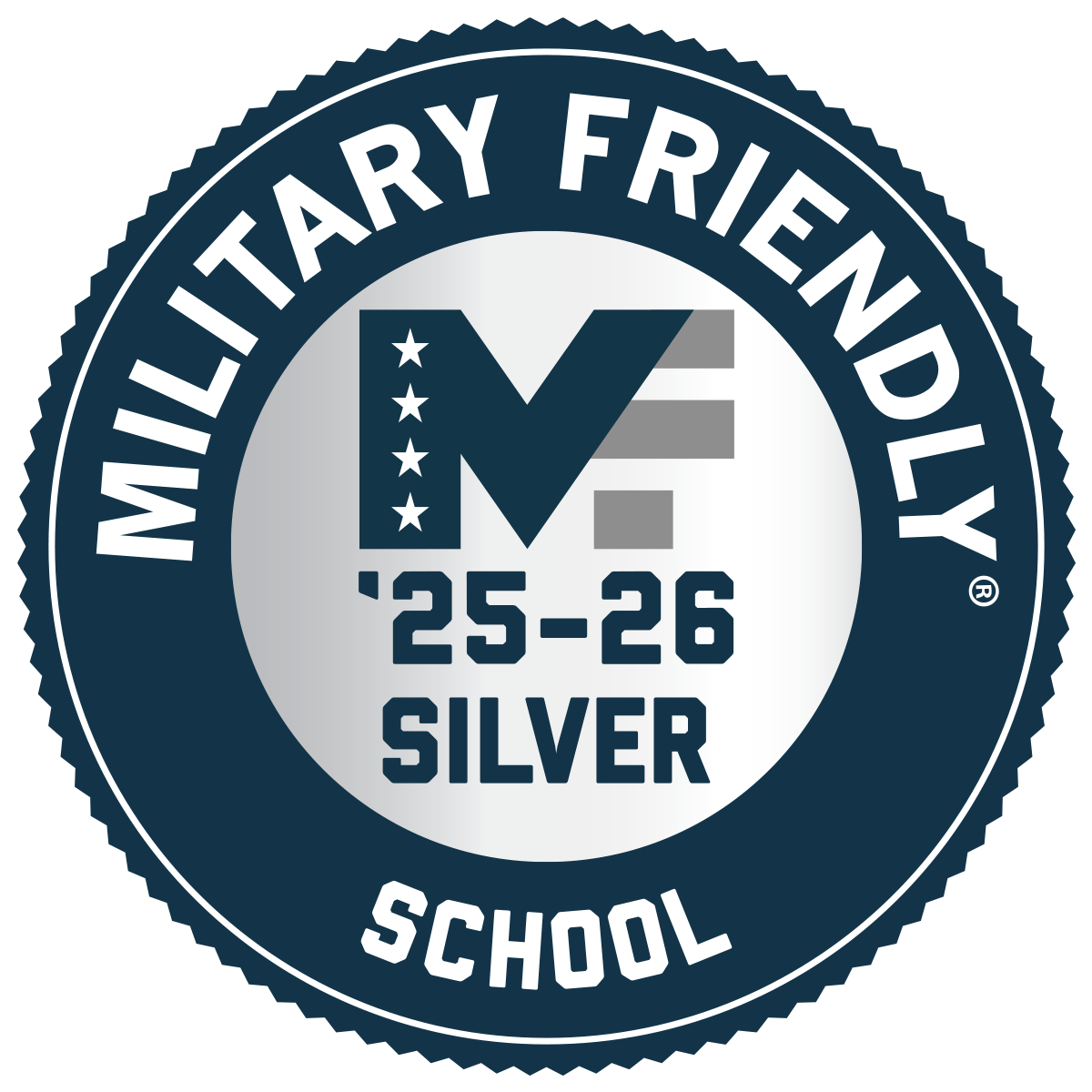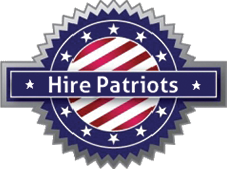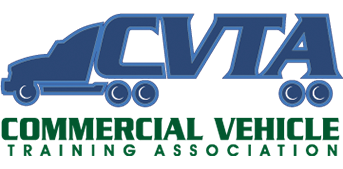Becoming a professional truck driver starts with quality training that prepares you for every part of the job, from handling a commercial vehicle safely to understanding Federal Motor Carrier Safety Administration (FMCSA) rules. At Yuma Truck Driving School, each day gives you the skills and knowledge to earn your Class A CDL license and begin a career in the trucking industry in the United States.
Whether you want to drive a tractor-trailer, flatbed, tank truck, or specialized hazmat vehicle, Yuma’s CDL training program builds both your confidence and technical ability. The school’s flexible options, full-time or part-time, allow students balancing work, military service, or family life to train on their own schedule.
Morning: Classroom Training Builds the Foundation
Your morning often begins in the classroom, where instructors walk you through essential subjects every truck driver must master before getting behind the wheel. This stage covers entry-level driver training (ELDT) requirements and ensures you’re prepared for both the CDL permit test and the realities of road life.
CDL Topics You’ll Learn
- FMCSA and Department of Transportation (DOT) safety regulations
- Trip planning, hours-of-service logs, and cargo documentation
- Vehicle inspection procedures, maintenance, and brake systems
- Air brake components and operation
- Weight distribution, vehicle weight limits, and towing capacities
- Hazardous materials (HAZMAT) and dangerous goods transport basics
- Traffic awareness, road signs, and defensive driving
- Managing vehicle insurance, compliance, and inspection reports
Classroom instruction goes beyond memorizing facts for the exam. You’ll understand how federal and state laws apply to everyday operations, including drug and alcohol testing, load securement, and accident reporting. That strong academic base is what separates safe, compliant drivers from the rest.
Afternoon: Yard Training and Vehicle Control
After class, it’s time to move from theory to practice. On Yuma’s spacious training yard, students apply what they’ve learned in a controlled environment before venturing onto public roads.
Key Yard Exercises
- Backing and parking a tractor-trailer
- Coupling and uncoupling trailers using fifth-wheel connections
- Proper lane positioning and mirror use
- Conducting pre-trip and post-trip inspections
- Mastering gear shifting, clutch control, and turning radius awareness
Yard training is where new drivers develop muscle memory and learn to maneuver commercial vehicles of various truck classifications, from dump trucks to tow trucks. Instructors emphasize safety, spatial awareness, and communication skills essential for fleet operations and logistics companies.
Each repetition reinforces the habits you’ll need in a professional setting: checking tire pressure, monitoring cargo weight, and maintaining your vehicle in compliance with FMCSA inspection standards.
On-the-Road: Real-World Driving Experience
Once you’ve proven your proficiency in the yard, you advance to supervised driving on the open road. This phase exposes you to the full range of driving environments around Yuma and Southern Arizona, including rural routes, highways, and city streets.
Skills You’ll Practice on the Road
- Gear shifting for fuel efficiency and torque management
- Braking control on steep grades and during heavy traffic
- Merging, lane changes, and turning with trailers
- Navigating hills, curves, and adverse conditions
- Adjusting for vehicle momentum, wind resistance, and load weight
- Safe handling of passenger and cargo vehicles under various weather conditions
Instructors also teach situational awareness: anticipating driver behavior, reading terrain, and minimizing vehicle wear. You’ll log real miles and gain the confidence to handle long-distance assignments once you earn your CDL license.
Flexible CDL Training Programs
At Yuma Truck Driving School, you can choose from several CDL training programs designed to fit your schedule, experience level, and career goals. Whether you’re a first-time driver or returning for a refresher, our programs meet all FMCSA Entry-Level Driver Training (ELDT) standards and include classroom, yard, and behind-the-wheel instruction.
Full-Time CDL Training
Our full-time Class A CDL program is an accelerated, hands-on course that can be completed in as little as four weeks. It’s ideal for individuals ready to start a trucking career quickly and includes the complete 160-hour training required by most carriers. Students learn everything from vehicle inspections and air-brake systems to road safety, shifting, and cargo handling.
Part-Time and Weekend CDL Options
For those balancing work, family, or military commitments, we also offer part-time and weekend CDL programs. These flexible schedules cover the same comprehensive material and give you the freedom to train on evenings or weekends without interrupting your daily routine.
Additional CDL Programs
In addition to Class A training, Yuma Truck Driving School provides:
- Class B CDL programs for bus and straight-truck drivers
- Refresher courses for licensed drivers returning to the industry
- Third-party CDL testing on-site for added convenience
All programs are taught by experienced instructors who focus on safety, confidence, and career readiness. Whether you want to drive long-haul routes, operate tank trucks, or haul hazardous materials, Yuma’s CDL training gives you the foundation to succeed.
Why Yuma Truck Driving School Stands Out
- Small class sizes for personalized instruction
- Instructors with real-world logistics and fleet management experience
- State-approved equipment reflecting modern trucking technology
- Job placement assistance connecting graduates with employers nationwide
- Military-friendly CDL programs for active-duty service members and veterans
- Affordable tuition, financial aid, and payment plans available
The school’s partnerships with major carriers mean many students receive employment offers even before graduation, often with tuition reimbursement or paid CDL training.
The Trucking Industry Outlook
The trucking industry in the United States employs millions of drivers and continues to face a growing demand for qualified CDL holders. From cargo transportation to hazardous material hauling, opportunities span every state and specialization. Whether you’re driving a bus, van, or tractor-trailer, CDL certification opens doors to long-term job security, strong wages, and travel freedom.
Graduates from Yuma Truck Driving School enter a stable sector vital to the nation’s economy, delivering goods, supporting construction, and fueling supply chains. With experience, drivers can move into roles such as owner-operator, fleet trainer, or logistics coordinator.
Start Your CDL Journey Today
Training for your CDL is the first step toward a high-demand, rewarding career. Yuma Truck Driving School gives you the knowledge, hands-on experience, and industry connections to succeed.
Call (888) 647-3239 or contact our team to learn more about our Class A and B CDL programs and flexible training schedules. Whether you’re new to driving or ready to advance your career, our instructors will help you get your CDL, master the road, and secure a job with top carriers.
Frequently Asked Questions
How long does CDL training take in Yuma?
Most students complete training in about four weeks, depending on whether they enroll full-time or part-time.
Do I need previous experience to start CDL classes? No prior trucking experience is required. The school’s entry-level driver training covers all knowledge and skills from the ground up.
Do students drive real commercial trucks?
Yes. You’ll train using real-world vehicles under licensed supervision.
What kind of trucks will I learn to operate?
You’ll train on tractor-trailers, flatbeds, and other heavy-duty classes that reflect the trucks used by today’s fleets.
Are there job opportunities after graduation?
Yes. Yuma’s career-placement team partners with major carriers to help graduates secure employment immediately after earning their CDL.


